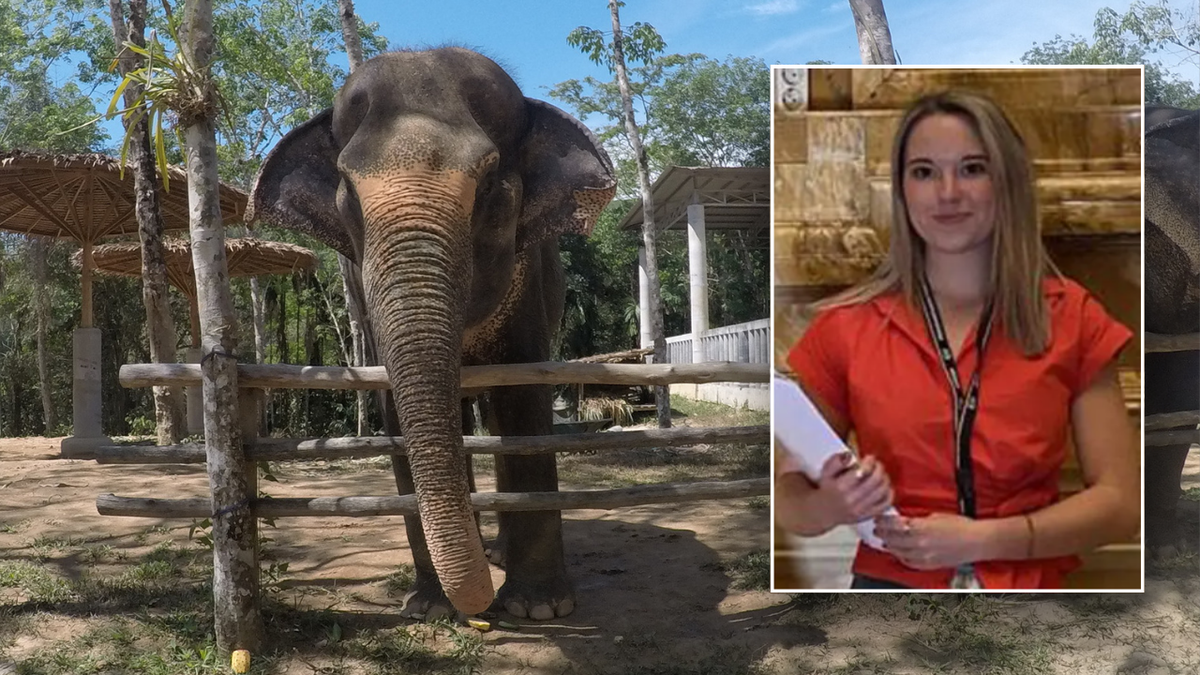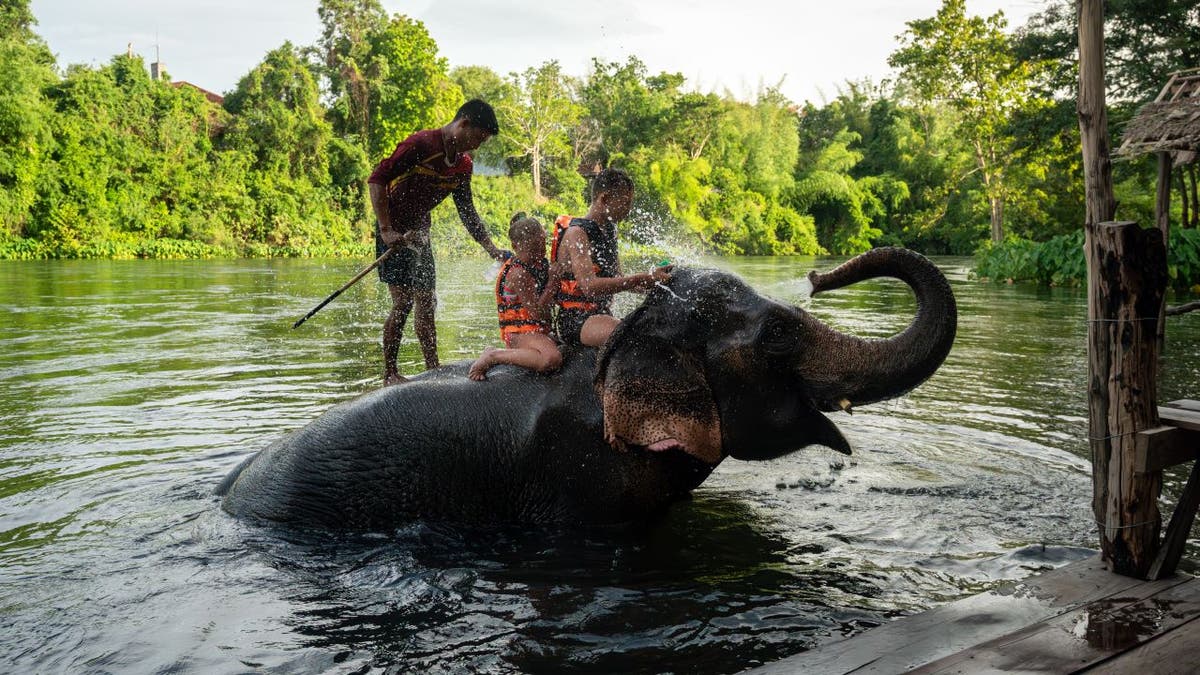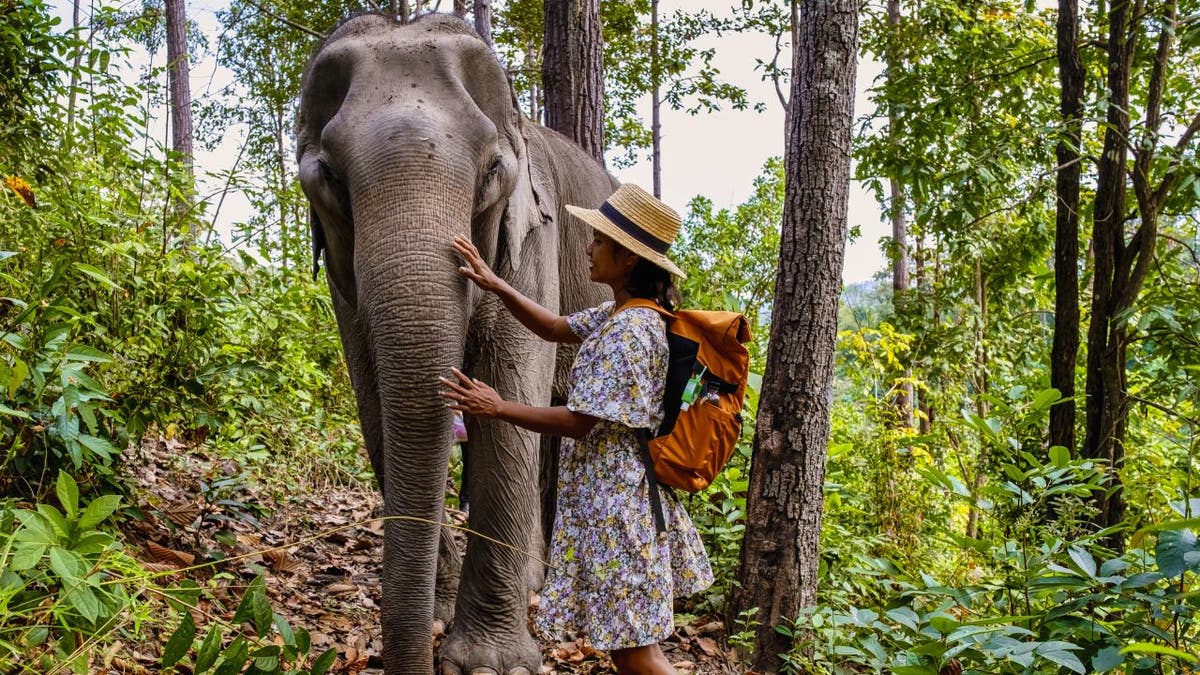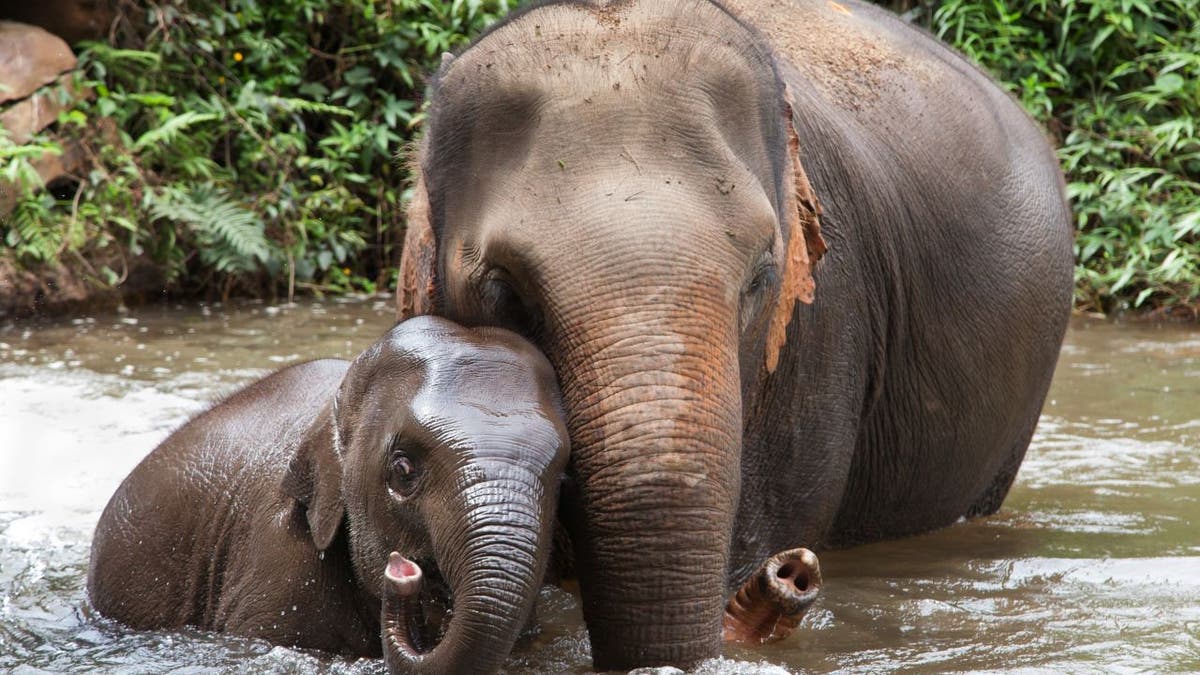A recent tragedy in Thailand has highlighted the dangers lurking beneath the surface of so-called "elephant sanctuaries." A Spanish law student, Blanca Ojanguren García, lost her life while interacting with an elephant at one such facility. This incident has sparked serious concerns about the safety and ethical implications of elephant tourism.

Duncan McNair, CEO of Save the Asian Elephants, argues that the term "sanctuary" is often misused. He asserts that many of these establishments prioritize profit over animal welfare, subjecting elephants to brutal conditions and stressful interactions with tourists.

While the exact circumstances of García's death remain unclear, McNair suggests that the elephant's actions were likely a consequence of the stressful environment it endured. He emphasizes that elephants, despite their intelligence and gentle nature, are wild animals capable of reacting aggressively when threatened or stressed. Close encounters with tourists, especially in unnatural captive settings, can trigger such responses.

McNair also points out the brutal practices involved in capturing elephants for these venues, including separating calves from their mothers and using violent methods to force them into submission. This trauma, combined with the ongoing stress of captivity, creates a dangerous situation for both the elephants and the unsuspecting tourists who interact with them.

McNair advocates for ethical animal tourism and urges travelers to thoroughly research sanctuaries before visiting. He highlights the need for establishments to prioritize the well-being of elephants over profit, creating environments that are truly sanctuaries rather than exploitative businesses.
Comments(0)
Top Comments